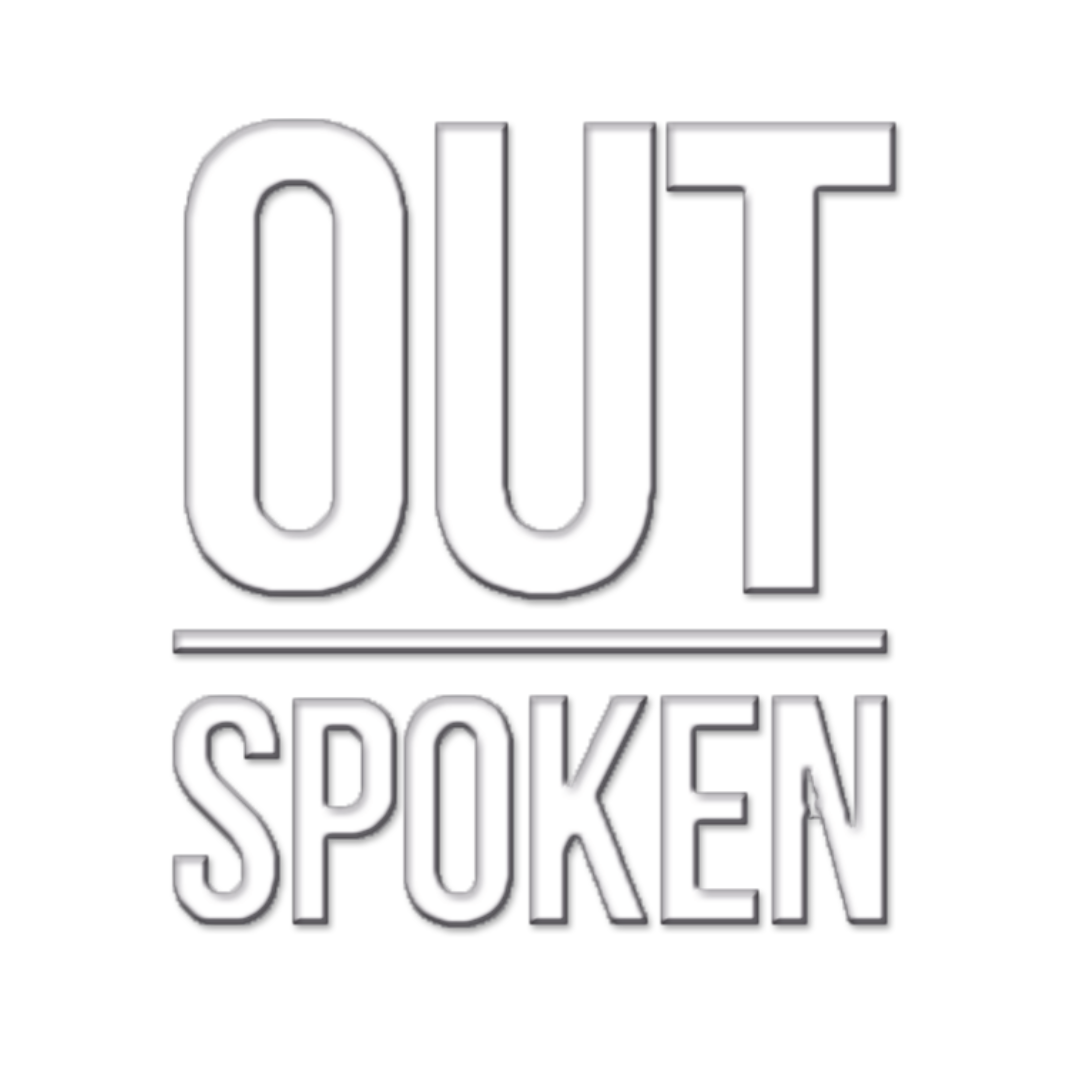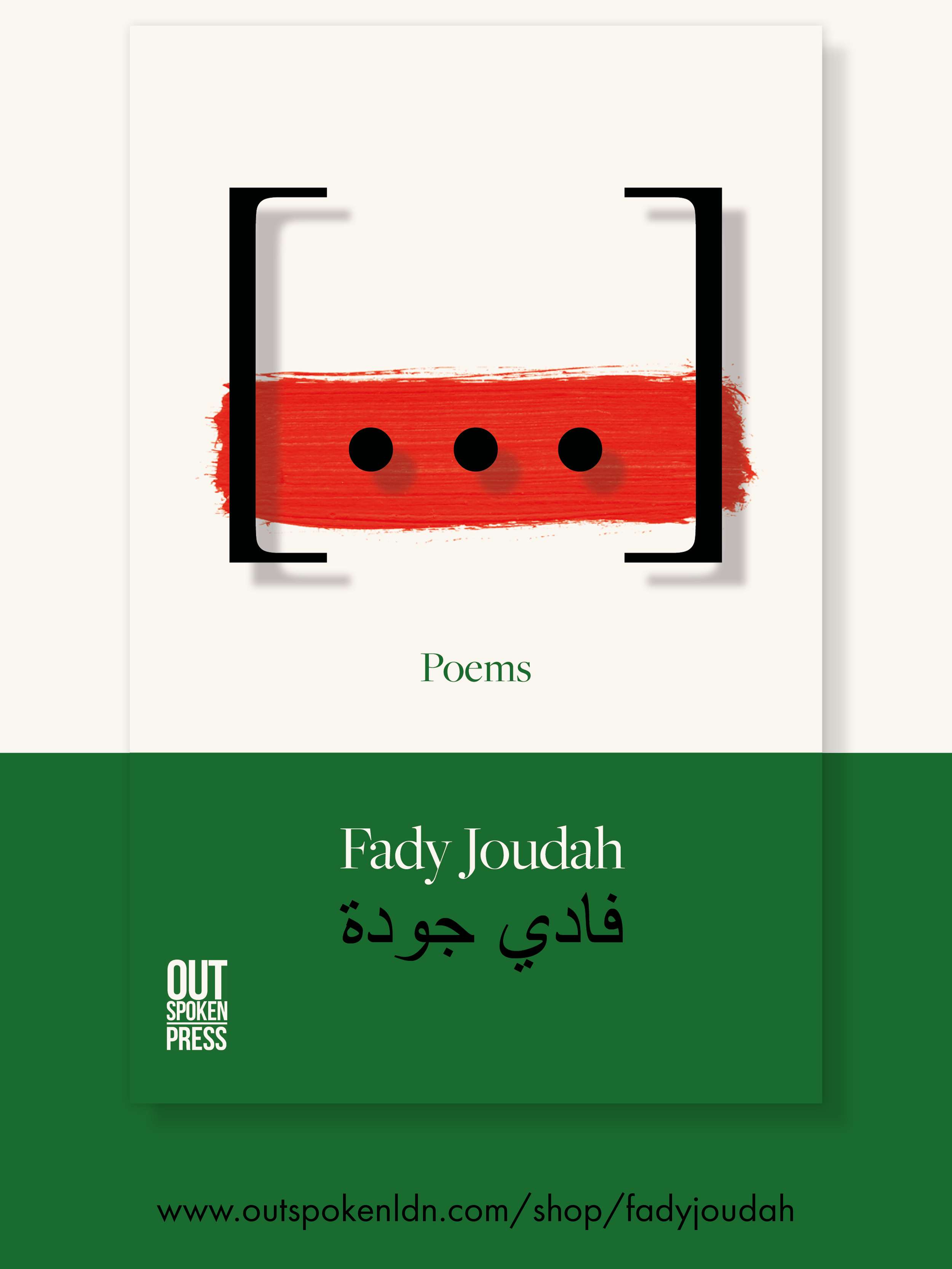[…] by Fady Joudah
* * Shortlisted for the 2024 Forward Prize for Best Collection, Finalist for the National Book Award for Poetry, one of TIME Magazine’s ‘100 Must-Read Books of 2024’ * *
Responding to the unspeakable in real time, Joudah offers multiple ways of seeing the world through a Palestinian lens.
Fady says, on writing […]:
“I wrote the bulk of this collection between October and December of 2023. I could not imagine a title for the book or for most of its poems in a time of extermination. The text of the poems already says enough. The text also betrays a necessary silence. And yet the silence in the book is the silence that the reader, listener, recipient should practice. In some moments I share this silence with them, and they with me. In many moments, however, the silence is solely their task. The ellipsis in brackets highlight the space in which a Palestinian speaks and others listen.”
Read Bhanu Kapil’s response to, and words in support of, […] here.
Poems from the collection have recently appeared in Arablit Quarterly, Jewish Currents, Lit Hub, LA Review of Books , and the New York Times Magazine and Fady’s prose has appeared widely (e.g. https://lithub.com/a-palestinian-meditation-in-a-time-of-annihilation/).
On this page you can find out more about […], read poems from the collection, as well as reviews of […] and interviews with Fady.
“Joudah’s integrity and craftsmanship elasticize the boundaries of the lyric and embrace a reckoning with colonial violence. But these glimmering, layered poems defy easy categorization, even as they brim with the wisdom we inherit from the dead”
[…] - Reviews
‘Fady Joudah’s […] is a collection that captures so much. It is an important lyrical document that is, in a sense, infinite – unfinished – and perhaps it will always be so. Even when Palestine is free, the poems in this volume will live in a space of deep contexture. They are mimetic. The poems exist beyond the lines within them. They are in everyone and everything Joudah names in ‘Dedication’, the beautifully poignant and powerful penultimate poem, an embrace that begins:
To those whose memory, imagination, and bodies are my memory, imagination, and body. From the collective to the one under the same assault, no matter our location on Earth
As well as the space within, […] gestures also toward that which lives outside of the brackets of the title and in the expanse ‘from gleaming river/to glistening sea’
‘there is a stirring wind that hovers over these poems, reminding us of an unendingness, a lack of completion, an inability to clearly see the horizon ahead, which leaves the reader, also suspended, waiting simultaneously for the news we know is coming and the material realities of that news to change.’
‘In poems that bound through emotional and intellectual registers, that pierce through pleats of time, geography, and poetic tradition, Joudah’s […] offers a stunning magnification of consciousness that undertakes the work suggested by the title: reembodying in the text—beautifully, painfully—what has been systematically removed.’
—Rosalie Moffat, Los Angeles Review of Books
‘A Palestinian Valentine from the Future: On Fady Joudah’s […]’
‘Joudah’s integrity and craftsmanship elasticize the boundaries of the lyric and embrace a reckoning with colonial violence. But these glimmering, layered poems defy easy categorization, even as they brim with the wisdom we inherit from the dead’
—Aria Aber, Yale Review
‘[…] is a book that forces life to disrupt annihilation. In the name of thousands dead and gone it declares, “Our bodies are real,” a phrase Joudah pairs with the equally inarguable “Our ghosts are here.” He persistently asserts the tangible against the unspeakable, that which can be remembered against that which has been obliterated.’
—Anahid Nersessian, New York Review of Books
‘Chiasmus, that ironized, top-hatted hat-tip to Anglicized classical prosody, entails a traumatized stutter in these poems, a place where a terrible thought dawns, must be epigrammatically rendered, and then is somehow survived by the poem, which continues past it.’
—Joyelle McSweeney. “Palestine in Arabic is Always Alive”: Fady Joudah’s [...], Words Without Borders.
‘Then, you strike: I am removing myself from the we of you.
I read the line, and it transforms into the prism through which I receive your words. How is each poem an act of extraction, a dislodging of the self from a collective spectacle, an expected We that thrives in the voyeuristic imagination of Them, the vultures?’
— Abdelrahman ElGendy, ‘Removing the We from the We of Them: A Letter to Fady Joudah’, AGNI Online
‘This collection also marks a refusal to participate in the temporal frame of the coloniser, a refusal to acquiesce to a forgone conclusion, determined by violent occupation and genocide. In this way, Joudah can begin with the lines: “I write for the future // because my present is demolished.” But then, in writing for the future, the collection transforms the future into present tense, conjuring hope amidst the darkness. In the final poem, Sunbird, Joudah writes: “I be: // From the river // to the sea.” Finally, a transformation of grammar. “I be.” Here, in present tense. Let it be a blessing. And a prophecy.’
— Maura Finkelstein, ‘Anti-Colonial Time in Fady Joudah’s […]’, Scottish Left Review
About Fady Joudah
Fady Joudah is the author of […]. He has published six other collections of poems: The Earth in the Attic; Alight; Textu, a book-long sequence of short poems whose meter is based on cellphone character count; Footnotes in the Order of Disappearance; and, most recently, Tethered to Stars. He has translated several collections of poetry from the Arabic and is the co-editor and co-founder of the Etel Adnan Poetry Prize. He was a winner of the Yale Series of Younger Poets competition in 2007 and has received a PEN award, a Banipal/Times Literary Supplement prize from the UK, the Griffin Poetry Prize, a Guggenheim Fellowship, and the Arab American Book Award. He lives in Houston, with his wife and kids, where he practices internal medicine.
Fady Joudah ©Cybele Knowles
Poems from […]
[…] (‘Suddenly I / “in a blaze” died’) — ArabLit Quarterly
[…] (‘They did not mean to kill the children’) — Jewish Currents
[…] (‘Then my friend in Nablus had a dream.’) — LitHub
Two poems from […] — Boston Review
[…] (‘America’) — The New York Times Magazine
[…] (‘Plumb line.’) — The Yale Review
‘Remove’ (My Palestinian Poem that the New Yorker Wouldn’t Publish’) — Los Angeles Review of Books
Interviews with Fady Joudah
Read Fady Joudah in conversation with Aria Aber in The Yale Review here.
‘When It Takes Root in the Heart: A Conversation with Fady Joudah’ — Boris Dralyuk and Fady Joudah, The New Inquiry.
‘We Are Neither Prophets Nor Mad’ — An interview with Fady Joudah in Boston Review.
Fady Joudah speaks with Amy Goodman on Democracy Now here.





